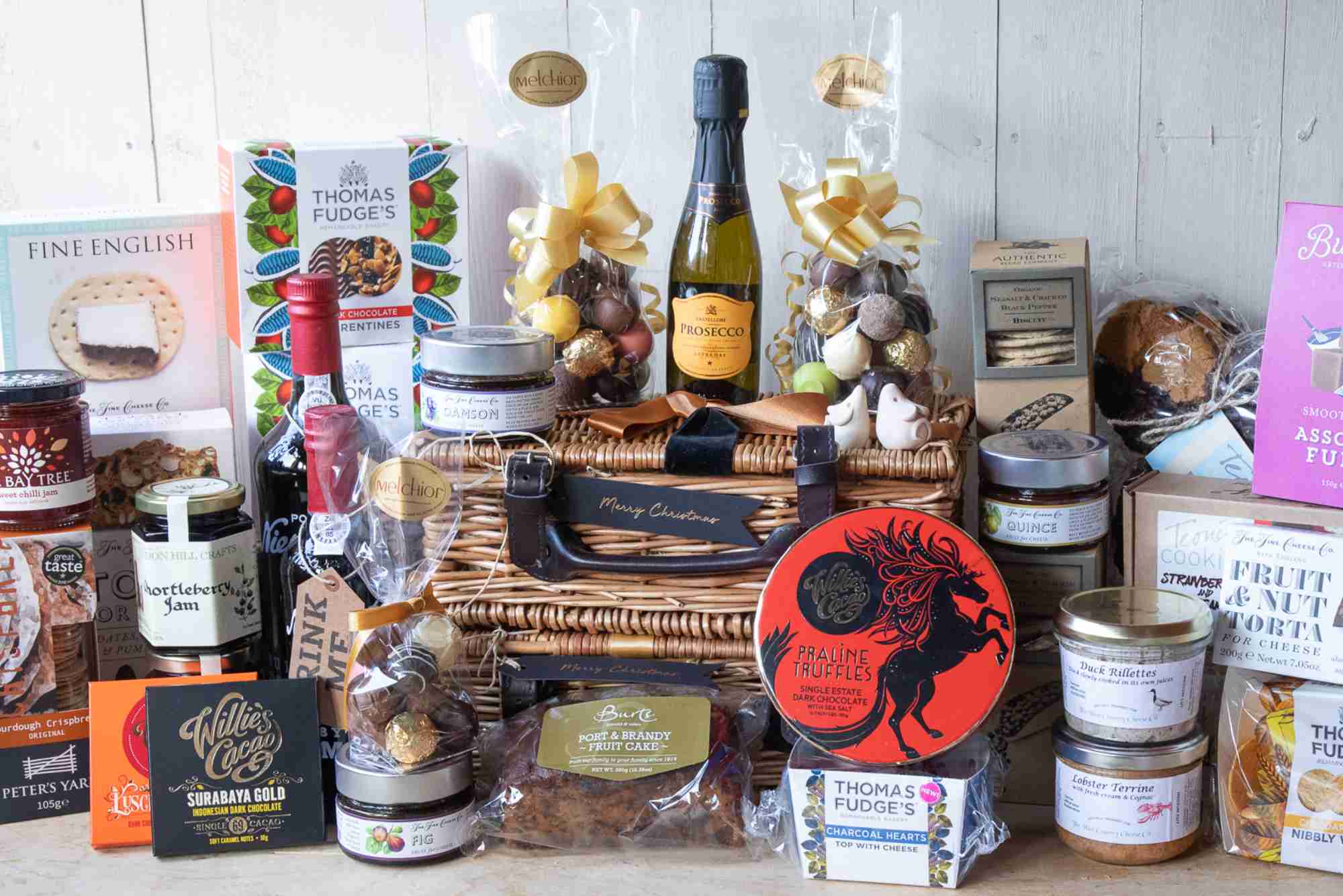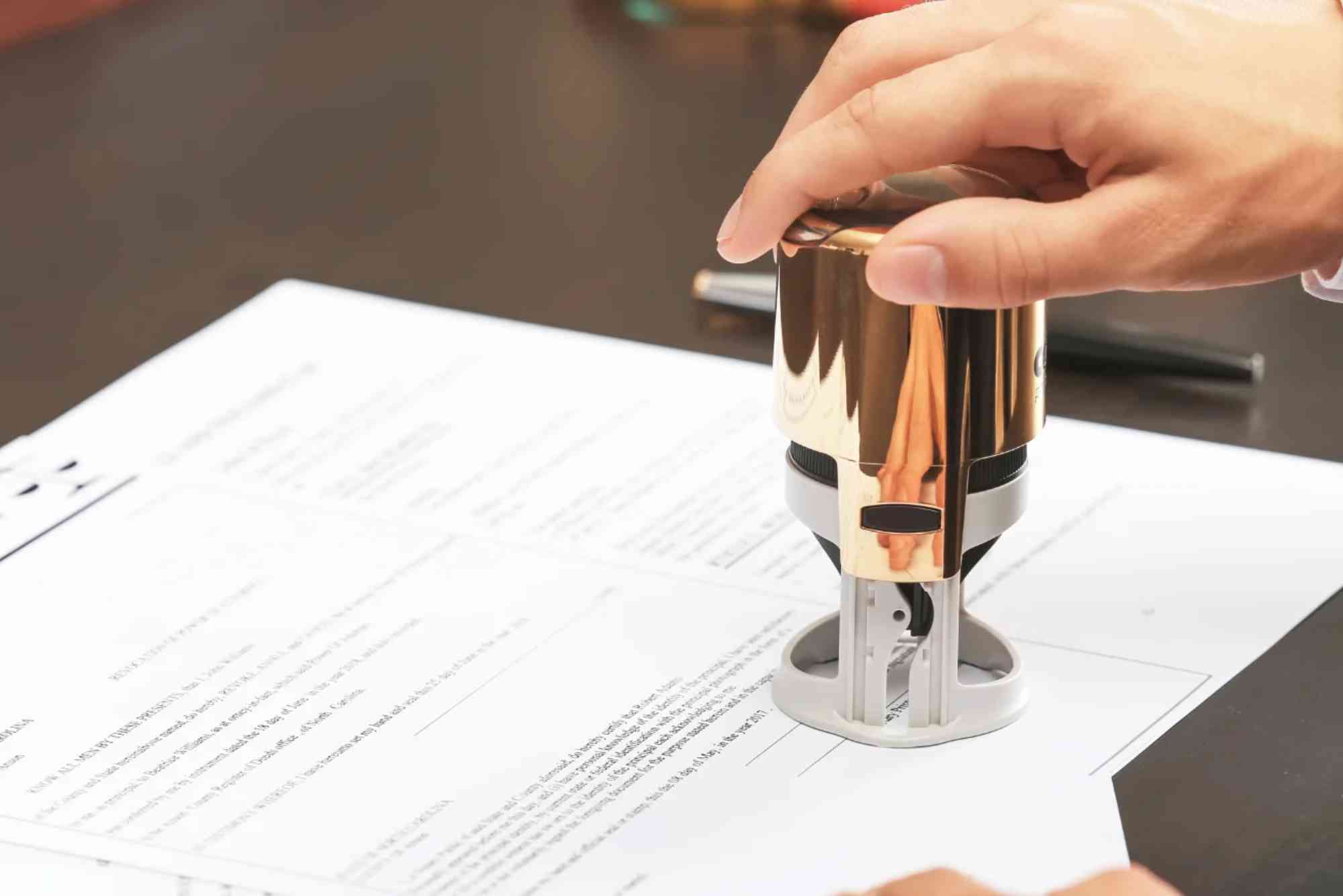Introduction
Traveling offers more than sights; it allows you to savor flavors and bring back edible memories. For many, one of the most delightful ways to extend a trip is by choosing cheese and foodie gifts to take home. These treats capture the essence of a region’s culinary identity and provide friends and family a taste of your journey. Whether visiting small artisanal markets, renowned cheese shops, or gourmet food stores, selecting the perfect edible souvenir requires thought, care, and a touch of adventure.
Why Choose Cheese and Foodie Gifts?
Food is universal, transcending culture and language. Cheese and other gourmet gifts represent more than taste—they tell a story. Bringing home these items allows travelers to share a piece of their experiences. Unlike typical souvenirs, edible gifts are functional, enjoyable, and create lasting memories around a shared table.
Moreover, gourmet gifts often reflect the local traditions, ingredients, and craftsmanship unique to a region. From the creamy camembert of Normandy to the sharp cheddar of England, each product carries the heritage of its place. Choosing such gifts demonstrates thoughtfulness and an appreciation for quality.
Selecting the Best Cheese to Take Home
When picking cheese, it’s important to consider flavor, texture, and shelf life. Hard cheeses like Parmigiano-Reggiano, aged Gouda, and Manchego are excellent choices for travelers. Their dense texture and lower moisture content allow them to endure transportation without significant loss of quality.
Soft cheeses, while indulgent, require more care. Brie, camembert, and fresh goat cheeses need refrigeration and can be tricky for long trips. To ensure freshness, consider vacuum-sealed options or cheeses that are specifically labeled for travel. Specialty cheese shops often provide travel packaging solutions to maintain taste and quality.
Understanding regional specialties also adds authenticity to your selection. For instance, a block of Swiss Gruyère reflects Switzerland’s dairy tradition, while a slice of Italian Pecorino showcases Mediterranean flavor. Each cheese carries a story that elevates it beyond simple consumption.
Gourmet Food Gifts Beyond Cheese
Cheese is just one part of the gourmet gifting spectrum. Foodie gifts include preserves, oils, chocolates, spices, and cured meats. Artisanal jams and marmalades make excellent companions to cheese, while flavored olive oils and vinegars enhance culinary adventures at home.
Chocolate confections are always appreciated, from hand-tempered truffles to single-origin bars that highlight local cocoa craftsmanship. Spices and seasoning blends from regional markets provide travelers with an aromatic souvenir that continues to inspire cooking long after returning home.
Cured meats like prosciutto, salami, and smoked sausages also make ideal gifts for adults who enjoy charcuterie. These items are often paired with cheeses to create gourmet baskets that showcase the region’s best flavors.
Packaging and Transportation Tips
Transporting cheese and gourmet foods safely is crucial. Temperature control is the first consideration. Hard cheeses are generally safe at room temperature for a day or two, but soft cheeses and delicate items benefit from insulated containers or gel packs.
Vacuum-sealed packaging is another excellent option, ensuring freshness while minimizing the risk of odors. Many specialty stores provide packaging specifically for travel, and airline-approved containers can prevent messes during transit.
Labeling is also helpful, especially when bringing multiple varieties. Including the type, origin, and recommended serving tips allows you or the gift recipient to enjoy the foods at their best.
Creative Ideas for Cheese and Foodie Gifts
Instead of simply buying a block of cheese or a jar of jam, consider curated gift ideas that combine taste, presentation, and local culture. For example, pairing a hard cheese with artisanal crackers, honey, or regional fruit spreads creates a thoughtful and visually appealing gift.
Gourmet baskets that combine multiple products, such as cheeses, cured meats, nuts, and sweets, are particularly well-received. They encourage exploration of flavors and offer a complete culinary experience. Another creative approach is to select miniature tasting sets, allowing recipients to try several items without committing to a full portion.
Local-themed packaging also adds charm. For example, wrapping olive oils in rustic paper or presenting chocolates in boxes with artwork inspired by the region makes the gift more personal and memorable.
How to Choose Regional Specialties
The best foodie gifts are those that reflect the location you’ve visited. Researching local markets or visiting recommended specialty stores ensures authenticity. Artisans often produce items that are unavailable elsewhere, giving your gifts a unique edge.
Engaging with shop owners or cheesemongers can provide valuable insights. They may suggest unusual varieties, pairing ideas, or items with longer shelf life suitable for travel. Understanding the story behind a product also enhances its value, allowing you to share not only flavors but traditions and history.
Storing and Serving Your Gourmet Gifts
Once home, proper storage preserves flavor and quality. Hard cheeses can be wrapped in parchment and stored in a cool, dry place. Soft cheeses and perishable items require refrigeration. Many gourmet products, like oils, chocolates, and preserves, last longer when stored in a dark, cool environment.
Serving is also part of the experience. Cheese boards, charcuterie plates, and tasting sessions bring people together and encourage conversation. Providing serving suggestions or pairing tips with your gifts adds a personal touch that elevates the experience.
Common Mistakes to Avoid
When selecting cheese and foodie gifts, travelers sometimes make avoidable errors. Buying perishable items without proper travel packaging can result in spoilage. Overlooking customs regulations can lead to confiscated products at borders. Some travelers may also choose products based solely on popularity rather than quality or authenticity.
To avoid these pitfalls, plan ahead. Research travel-friendly options, invest in proper packaging, and check regulations for transporting food internationally. By taking these steps, your gifts will arrive fresh, intact, and impressive.
Benefits of Edible Gifts
Edible gifts offer numerous advantages over traditional souvenirs. They are consumable, leaving no clutter behind, and provide an opportunity to introduce recipients to new flavors. Gourmet food gifts also show a level of thoughtfulness and sophistication that typical souvenirs cannot match.
Cheese and foodie gifts create memorable experiences by engaging the senses. Taste, aroma, and even the visual presentation contribute to a deeper connection between the giver and receiver. These gifts are often conversation starters, sparking curiosity and shared enjoyment.
How to Make Your Gifts Stand Out
Personalization enhances the impact of gourmet gifts. Consider handwritten notes with serving suggestions or recipe ideas. Include a map or small story about the region where the product originated. Such details transform ordinary items into treasured memories.
Presentation matters. Decorative baskets, reusable containers, and carefully wrapped items make the unwrapping process enjoyable and exciting. Layering textures, colors, and complementary flavors provides a multi-sensory experience.
Curating gifts with complementary items also creates a richer experience. Pairing cheese with honey, wine, or specialty bread elevates the enjoyment and demonstrates attention to detail.
Cheese and foodie gifts to take home are more than souvenirs—they are a way to share culture, flavor, and memory. Selecting high-quality, travel-friendly items ensures your gifts arrive fresh and enjoyable. Thoughtful curation, attention to packaging, and consideration for regional specialties make these edible gifts unforgettable.
When planning your next trip, explore local markets, engage with artisans, and discover the best cheese and foodie gifts to take home. Your friends and family will not only appreciate the taste but also the story behind each selection.
FAQ
What are the best cheeses to take home while traveling?
Hard cheeses like Parmigiano-Reggiano, Manchego, and aged Gouda are ideal due to their longer shelf life and travel resilience.
Can I bring cheese and food gifts on a plane?
Yes, but check airline regulations and packaging guidelines. Vacuum-sealed or travel-specific packaging is recommended.
What other foodie gifts complement cheese?
Consider pairing cheeses with jams, honey, cured meats, chocolates, or artisanal oils and vinegars.
How do I store gourmet gifts after returning home?
Store hard cheeses in a cool, dry place, soft cheeses in the refrigerator, and items like chocolates and oils in dark, cool environments.
Are edible gifts better than traditional souvenirs?
Yes, edible gifts engage the senses, create shared experiences, and often reflect the local culinary culture more authentically.




